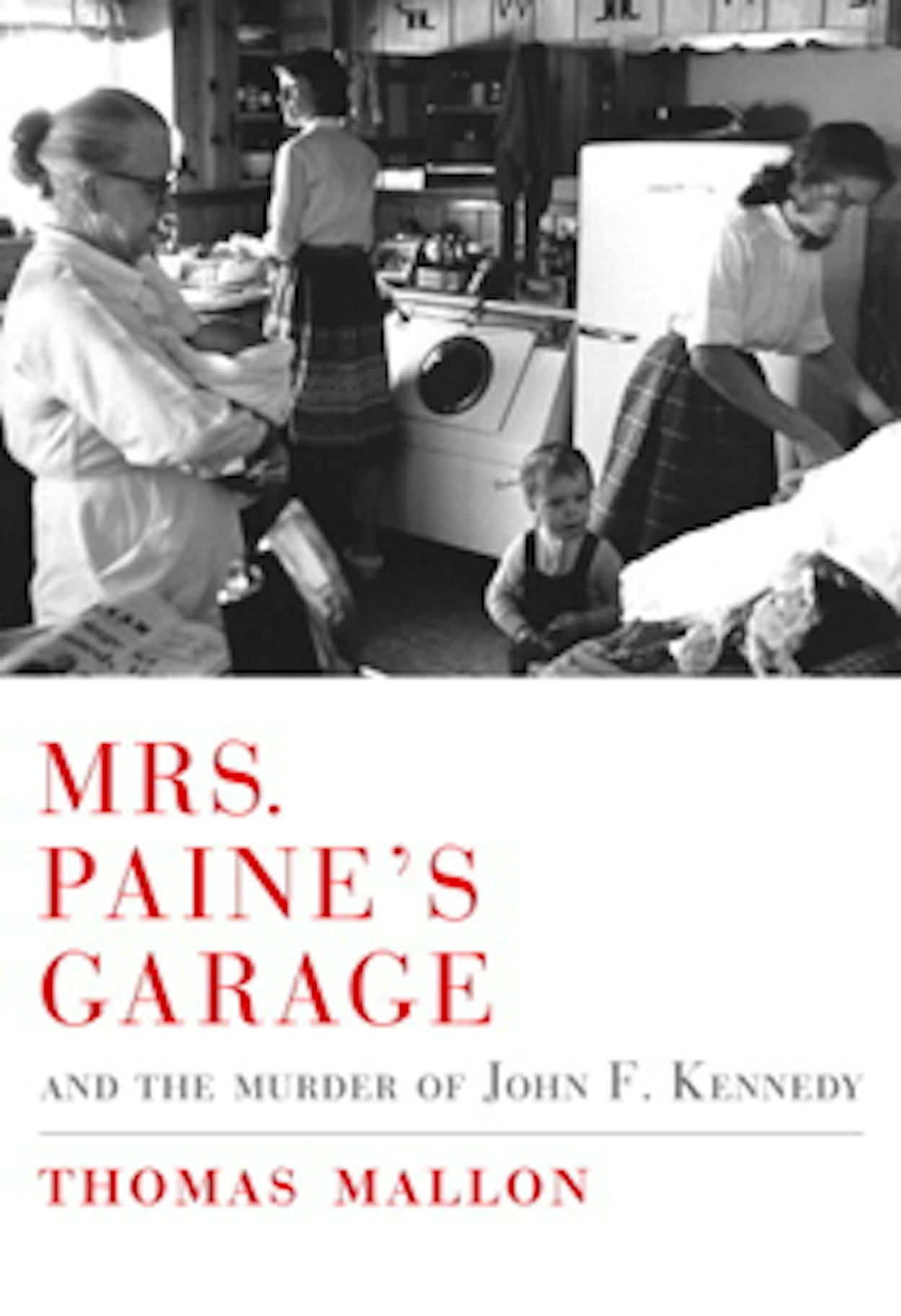Award-winning author Thomas Mallon delves into historical fiction with his latest work, Mrs. Paine’s Garage. Here he discusses his inspirations and the future of his writing career.
texasmonthly.com: Your writing has taken on many forms, providing your audience an assortment of ways to hear your voice. What drives you to write on a particular topic?
Thomas Mallon: In the historical fiction I’ve written, it’s usually the big, actual public event that gets me going: Lincoln’s assassination; the 1948 election; the discovery of the two moons of Mars. When I studied the lives of the couple in the balcony with the Lincolns at Ford’s Theatre, I thought I’d write their story as nonfiction. The book became a novel (Henry and Clara), only when I realized there were too many gaps in the evidence for a smooth narrative. So I made a deal with myself—I’d write a novel, sticking to the facts insofar as I could find them, and then fill the empty spaces with my own invention. As it turned out, my voice and perspective were largely delivered through the character of Clara.
texasmonthly.com: What is your creative environment? Mentally and physically, where do you place yourself so that your writing can flow?
TM: My house in Connecticut is very quiet, and when I’m trying to concentrate, I don’t even allow the cat inside my second-floor study. Sorry, Fred. But journalism and research put me on the road pretty frequently, so I’ve written in hotel rooms and public libraries all over the country. Cell phones, alas, have pretty much ruined train travel, which I used to love. I could read or even sketch notes for what I was working on.
texasmonthly.com: You’ve said in past interviews that Mrs. Paine’s Garage would be your last assassination book. Will you be able to resist, or do you feel that you’ve put it to bed?
TM: Mrs. Paine’s Garage grew pretty directly out of Henry and Clara. Telling the tale of the Rathbones, the couple at Ford’s Theatre, revived my youthful memories of Ruth Paine, who had been innocently enmeshed in the Kennedy assassination. Decades after that catastrophe she agreed to cooperate with my reconstruction of her experience. Having finished that book, I can say with a fair degree of certainty that I’m done with the subject of presidential assassination.
texasmonthly.com: In your essay, “The Historical Novelist’s Burden of Truth,” you suggest that filmmakers use the past as a resource. Which of your books do you see translating well onto the big screen? Who would you choose to direct a movie based on that novel? And would you want to write the screenplay?
TM: I like writing dialog but don’t think I’d be much good at a screenplay. I once had to write a treatment for a novel of mine—a condition of its being optioned by a movie producer—and I turned out something pretty lackluster. So my inclination would be to stay out of the way of an experienced screenwriter. Dewey Defeats Truman was purchased a few years ago by the Hallmark Hall of Fame, and the fellow who wrote the screenplay did a very nice job, but so far it hasn’t been put into production (a typical turn of events). I still think that somebody, someday, will make a movie of Henry and Clara (there’s already an opera in the works) because the actual historical events in the book are quite astonishing. At the moment I’m working on a comic novel about the magazine business in New York in the 1920’s. The book has a large ‘ensemble’ cast, and I admit to entertaining fantasies of Robert Altman making a movie out of it.
texasmonthly.com: Is your primary focus on this novel, or are you always gathering and working on several projects at one time? What direction do you see your writing taking in the future?
TM: I’ve always got a novel under way, but if I try to work on it every day, exclusively, I falter. So I always keep more than one thing going. I make a good part of my living writing literary journalism for The Atlantic Monthly, The New York Times Book Review, The New Yorker, and other magazines, and I like the alternations between fiction and nonfiction. I imagine I’ll maintain this rhythm for a long time to come.







